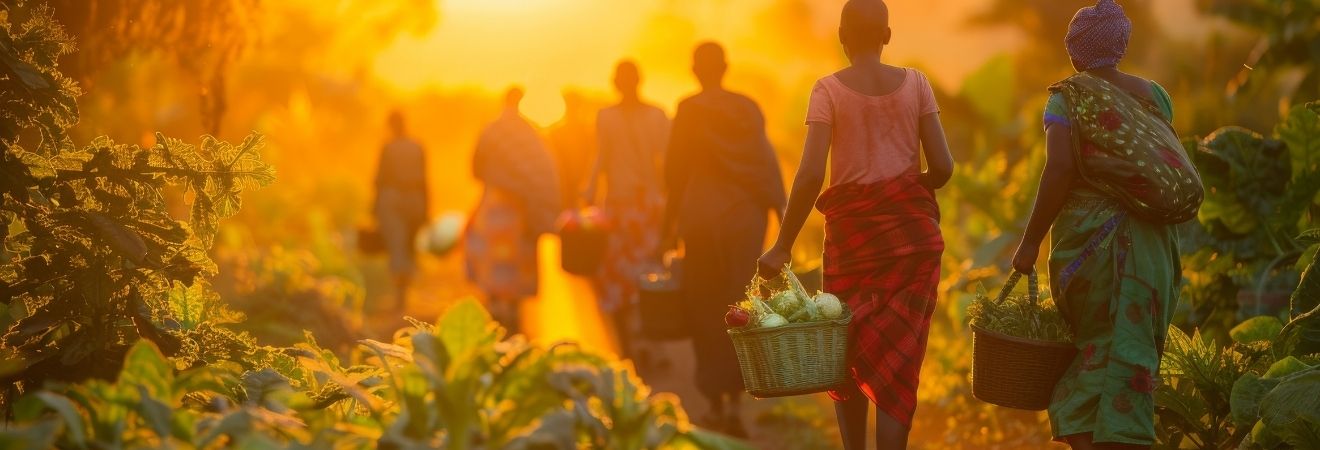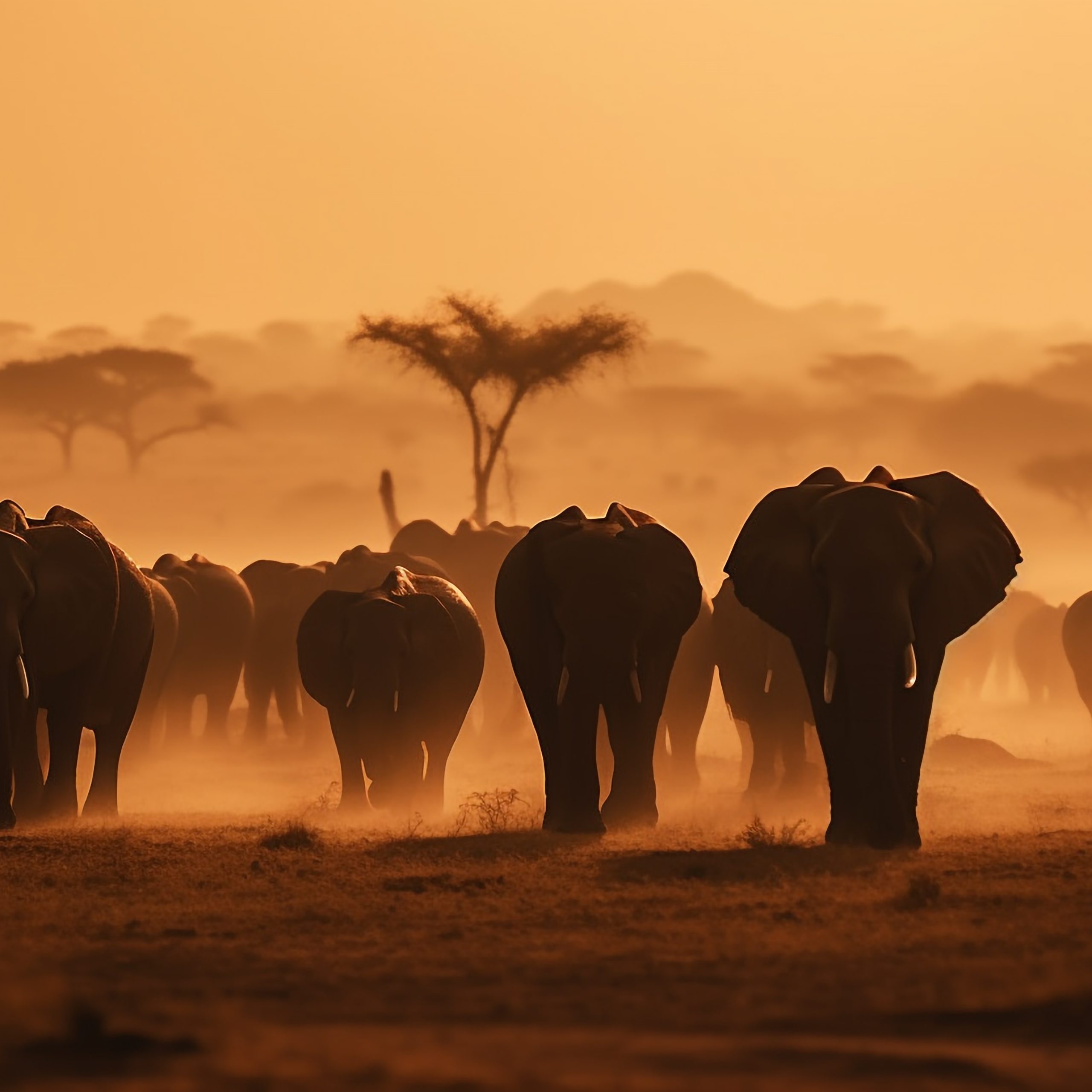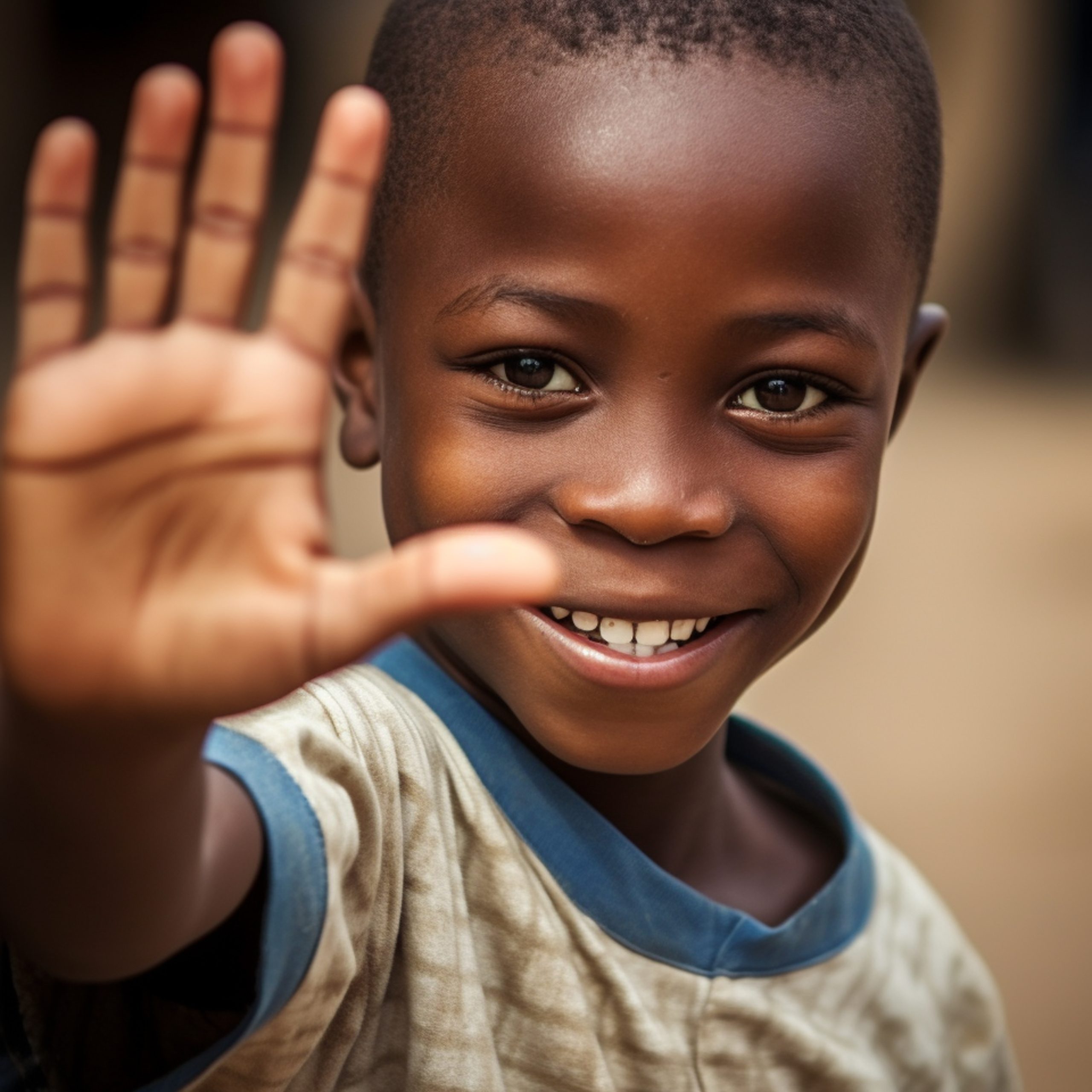HARNESSING AGRICULTURAL POTENTIAL : ADDRESSING FOOD SECURITY AND ECONOMIC DEVELOPMENT IN THE DRC AMIDST GLOBAL CHALLENGES
By Mostafa Sleem updated on June 19, 2024
Addressing food security remains a global challenge, with significant disparities evident across various regions and income groups. Nearly 282 million people face acute food insecurity, according to the World Bank, an increase from previous years due to various global disruptions such as conflicts, economic shocks, and climate-related disasters.
Ongoing conflicts, particularly in Ukraine, have disrupted food supply chains, exacerbating global food insecurity. Approximately 70% of the world’s hungry populations live in conflict-affected areas. Climate shocks, such as extreme weather events, continue to undermine agricultural production, leading to lower yields and increased hunger. High inflation reduced fiscal support, and rising food and fertilizer prices further aggravate food insecurity, according to the World Bank and World Food Program.
In Africa, similar challenges have hampered the development of the agriculture sector. Persistent conflicts disrupt agricultural activities and displace populations, making it difficult to maintain stable food production. The war in eastern DRC has displaced more than 7 million people since the aggression started, impacting the socio-economic development of the region. Although Africa has had the lowest carbon in the world, Climate change has also impacted the continent, with recent droughts making it harder to sustain crops and reducing agricultural productivity. Limited access to finance and high input costs hinders farmers’ ability to invest in better farming practices, mitigating climate risks, and exploring sustainable solutions.

As global conflicts intensify, unveiling The Spectre of a Third World War, and food distribution persists, agriculture presents an opportunity to mitigate the DRC’s food security risks, become more independent in food production, and expand its market to reach and support its population and neighboring countries. It is projected that 956 million people could face severe food insecurity by 2028 around the world, with an estimated $90 billion USD required annually to provide basic social and safety nets globally.
In the DRC, an estimated 3.3 million children under 5 will suffer from acute malnutrition. With these alarming figures, the DRC has vast agricultural potential to change its future. Despite a minimum wage of $120 per month, the population struggles to put food on the table. However, the Agriculture sector has been pivotal to the country’s GDP, employing around 70% of the population and contributing 20% to the GDP.
On June 18, 2024, the Minister of Spatial Planning, Guy Loanda, unveiled the highlights of the country’s agricultural opportunities, setting the stage for sustainable economic revitalization and improved resource management. Mr. Guy Loando Mboyo, the Minister of Land Management, underscored the critical importance of the study in developing the National Land Use Plan (SNAT). This comprehensive plan will establish strategic directions for sector reform, aimed at achieving national prosperity and enhancing citizen well-being. The study includes detailed maps and analyses for key perennial crops such as coffee, cocoa, palm, and rubber, as well as staple crops like cassava, rice, and maize, providing a clear roadmap for future agricultural development.
According to ANAPI, the DRC presents multiple opportunities in the agriculture sector, backed by reforms and strategic initiatives aimed at transforming and boosting agricultural productivity. Under President Felix Tshisekedi, the DRC has emphasized the importance of transforming the agricultural sector to diversify the economy, which has been dominantly reliant on mining. The government has unveiled a comprehensive agricultural strategy for 2024-2030, focusing on increasing productivity, improving infrastructure, and enhancing governance within the sector.
Over the past few years, reforms and new policies have been introduced to create a favourable business environment for investors and reduce bureaucratic red tape. Efforts have also been made to improve legal and regulatory frameworks to protect investor interests and ensure transparency and accountability in the agricultural sector. However, these measures have often remained merely ink on paper, as continued harassment from tax collectors has made several businesses shut down and rethink their presence in the DRC.
ANAPI has been spearheading conversations through targeted missions on attracting Foreign Direct Investment into the country to boost agricultural activities, but the political will continues to lag. At the 2023 Agribusiness Forum, the government announced a $6.6 billion investment plan to harness agricultural potential and reduce dependency on food imports. Over the next 10 years, under the Agriculture Transformation Program (PTA), it aims to fulfill its commitment to becoming Africa’s breadbasket.
“We are laying the first stones of a global framework favorable to the development of the agricultural sector which we know is necessary,” said José Mpanda, Minister of Agriculture.
Farmers, investors, government officials, and other stakeholders must come together to discuss the future of agriculture in the DRC and explore ways to improve the sector.
“With its 80 million hectares of cultivable land, its four million hectares of irrigable land, its varied climate allowing year-round agriculture, its 7 to 8% of the world’s exploitable freshwater, and its approximately 125 million hectares of grazing land, sufficient for 40 million head of livestock, coupled with the size of its population, especially young and female, DR Congo incontestably has the means to be the breadbasket of Africa, the epicenter of the continent’s agricultural industry, and an incubator of prosperity,” said Solomane Koné, Deputy Director General of the African Development Bank for Central Africa and Country Manager for the DRC.

However, since 2023, there has been no follow-up from the Minister of Agriculture. This could be due to poor communication or the inability of relevant stakeholders to collaborate and implement effective changes. Political instability, corruption, and administrative inefficiencies have historically hindered effective implementation and reforms, deterring potential investors. It is critical to have the political will to turn these reforms into actions and ensure they are implemented by all stakeholders. The reforms also must align with the national interest.
Financing has also been a key issue in developing the sector. The DRC has recently welcomed an African player with a presence across several countries in Africa. Joining the EAC, Equity BCDC identified the DRC as a young country that needs African efforts to build the country for the 100 million people. Under its Africa Recovery and Resilience Plan, the Bank is here to bring finances to different sectors to develop and pivot the economy away from solely mining.
On June 25, 2024, Equity BCDC signed a memorandum of understanding with Congo Motors to promote economic and social development in the agricultural sector of the DRC. This partnership aims to enhance the agricultural ecosystem by providing small farmers, both individuals and cooperatives, access to mechanization, and to enhance food security and economic prosperity in the DRC. Equity will finance 80% of the cost of tractors and equipment, allowing the sector to have a proper launch. According to Celestin Mukeba, Managing Director of Equity BCDC, “At Equity BCDC, we firmly believe that collaboration and innovation are essential to addressing challenges and maximizing opportunities in this strategic sector.”
Another collaboration from the private sector came in the form of tackling malnutrition in the DRC. In 2016, it was estimated that 5.9 million people would be acutely food insecure. AJ Group has presented a project initiative to mitigate hunger and achieve food security through a food supplement with high nutritional value produced and manufactured in the DRC. What is interesting about this initiative is that AJ Group is looking to promote the sector to produce corn and soybeans to rely on the local market only. This is a great initiative as it allows farmers to view agribusiness as a potential market.
That is why policymakers should think further down the line, not only about production but also about having a value chain supported by industrialization. Investments in processing facilities can help reduce post-harvest losses and improve market access for farmers.
As the country sets a new vision starting in 2024, and a new mandate is set under President Felix Tshisekedi, policymakers, and the DRC government must work together to lay the foundation for local and international investors to create an enabling environment that attracts both local and international investment.
The recent actions taken is a step towards the right direction, showcasing the impact of policy making, collaboration and innovation in promoting economic and social development. Only through our collective efforts can the DRC harness its potential, ensuring food security, and a nurtured future for its citizens. The DRC has a unique opportunity to be a driving force for national and regional prosperity.



